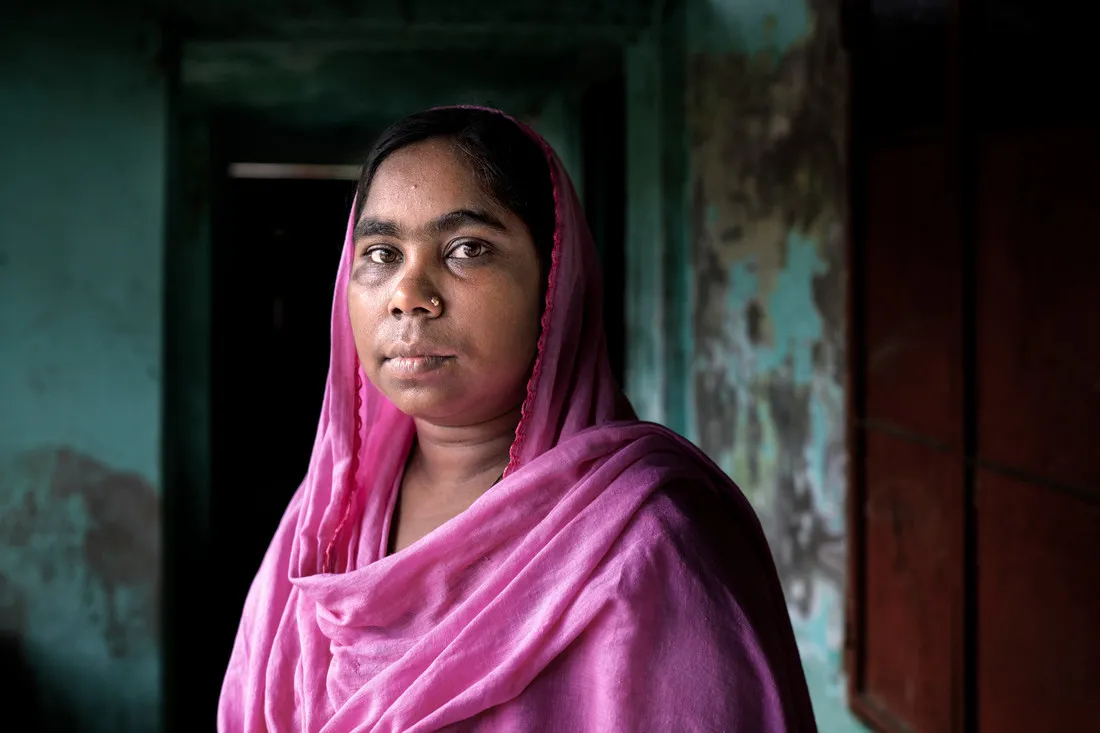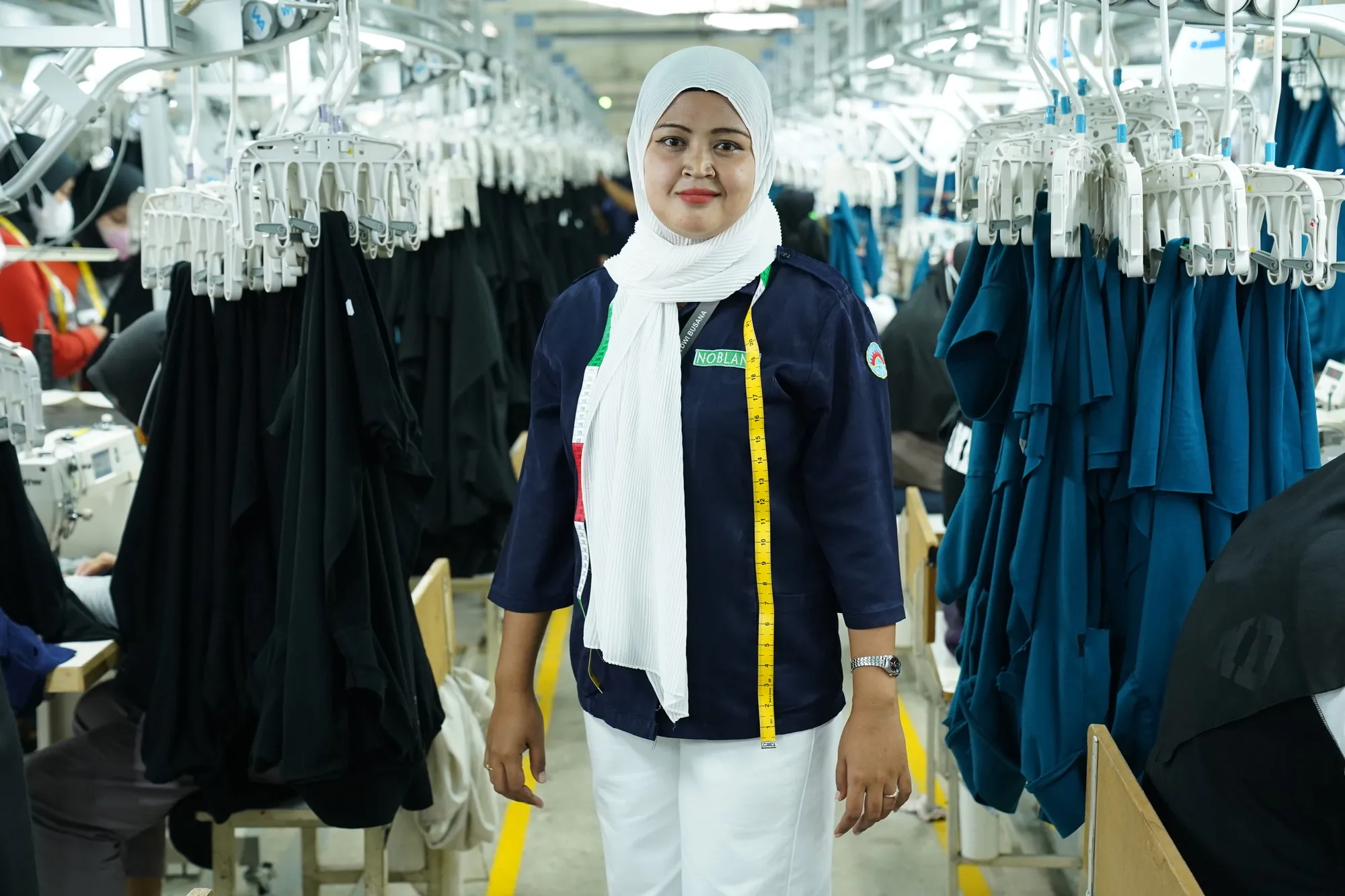Women make up around 80% of the workforce in the garment industry* but often struggle to have their voices heard.
There are more than 35 million women working in the garment, textiles, and footwear sector in Asia and the Pacific.** The traditional image of a women seated at a sewing machine on an assembly line shows just one aspect of garment-worker life; their reality is more diverse and nuanced.
CARE spoke to inspiring leaders in Bangladesh, Vietnam, and Indonesia to learn what matters most to them, and documented their stories via women-led photography teams from each country. These women are leading changes within their factories and communities, a task that grew exponentially more difficult when COVID-19 brought about lockdowns, closed borders, and idled factories.
*source: Better Work, 2019
**source: ILO, Better Work & Cornell University, 2020




